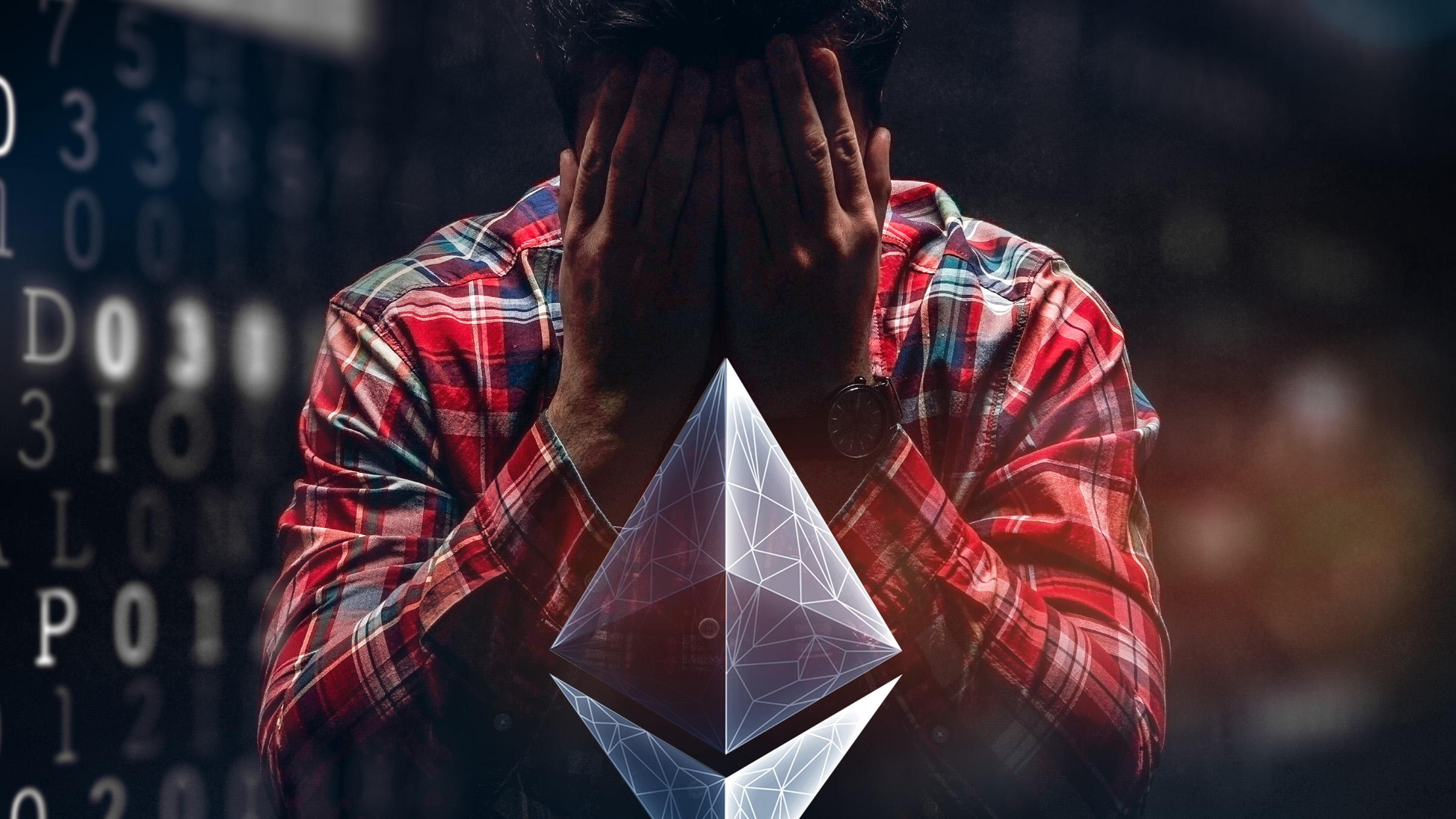Disclaimer: Opinions expressed below belong solely to the author and do not constitute financial advice. As of writing of this article, the author had no stake in any cryptocurrency.
As if the billions of dollars lost by millions of people in the collapse of the second largest crypto exchange wasn’t enough, it turns out that the hacker who got away with close to US$300 million worth of cryptocurrencies (out of an estimated US$477 million total stolen during turmoil) from the failed company, has now begun manipulating prices of Ether, dumping it by as much as seven per cent within hours.
?1/ Funds stolen from FTX are on the move and exchanges should be on high alert to freeze them if the hacker attempts to cash out
— Chainalysis (@chainalysis) November 20, 2022
As of writing, he was the 35th largest holder of Ether in the world, though we’ve yet to see how long for as he appears to now be trading it for Bitcoin.
His activity first began on November 12 shortly after the hack, and has accelerated in the past 24 hours.
You can read detailed accounts and investigative reports about it elsewhere on the internet, meanwhile, I would like to focus on what it revealed about the nature of crypto itself since as we can see, no coin is ever truly immune from the spillover effects.
No immunity to insanity
Whether the character or group in question are attempting to cover their tracks and cash out at some point in time, or messing with everyone (or both) is of secondary importance (many are suspecting this could be an FTX insider, given the timing of the hack).
What really matters is the impact it has had on the market.

If cryptocurrencies are ever to replace fiat, they have to be stable and trustworthy enough for millions of people to accept them as a medium of exchange.
Some may point to the fact that hiding transactions on the blockchain is very difficult (and often impossible), so we can trace the money, blacklist hacker’s accounts and wallets, and ultimately hope to retrieve the funds.
While this may indeed look like a valuable feature of the technology, it is rather an exception, than the rule.
Because ultimately, we now have a single, anonymous crook/madman making waves in the market, able to influence prices of even the largest cryptocurrencies by using stolen funds. Someone who has become a centimillionaire without putting a gun to anybody’s head — or, in fact, without even setting a foot outside his door.
It isn’t, perhaps, the greatest tragedy in the world today, when digital coins are mostly in the hands of crypto aficionados or, de facto, gamblers betting on prices of digital tokens going up or down, and aren’t used to support genuine business activity.
However, just imagine the fallout if digital terrorism, such as this, affected billions of ordinary people going about their lives. One day, we may all wake up and find our savings and earnings are worth half of what they used to — and there is no authority to correct it.
I do mean the word “terrorism” quite literally because this sort of activity could be used not only by internet robbers, but nation states sponsoring hackers with the aim of disrupting financial systems of entire countries.
Might makes right?
Decentralisation — often touted as the single biggest advantage of crypto — suddenly means that in such a free-for-all environment, we’re back to the dawn of mankind when the strongest dictated the rules and “might” really did “make right”.
Nobody can prevent any crypto whale from doing what they please, leaving everybody else to their mercy.
It also means that acquisition of such influence doesn’t always have to be done in legitimate ways and anonymity granted by the blockchain could make identities of people behind it forever opaque — particularly if they do not want to “cash out” but merely use the tokens as a tool of influence (or destruction).

In the absence of institutional oversight, which answers to legitimate government bodies (like the Monetary Authority of Singapore) and, by extension (in most countries at least) to the people, we would be giving up our freedoms instead of acquiring new ones.
Which is why no truly decentralised financial services have a chance to replace traditional ones.
Perhaps we need these crises, bankruptcies, fraud, theft, for more people to understand this.








